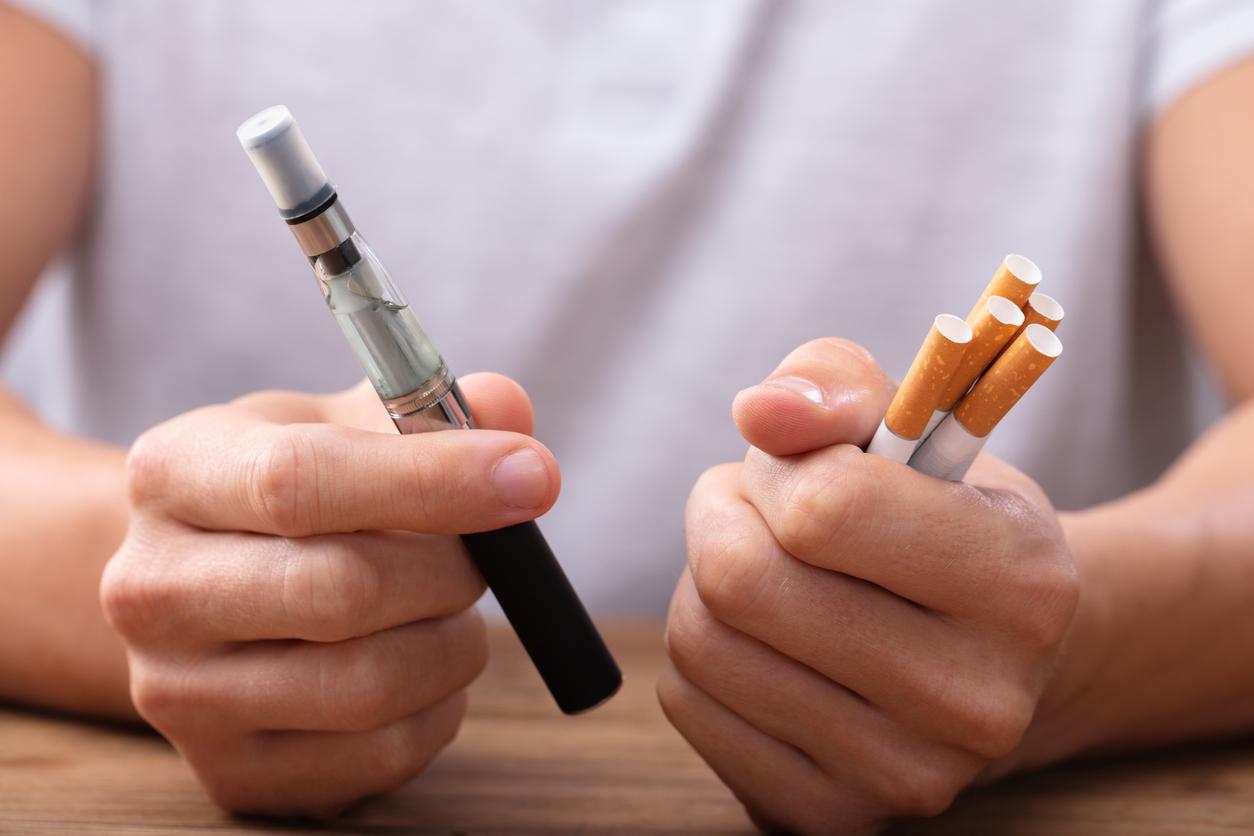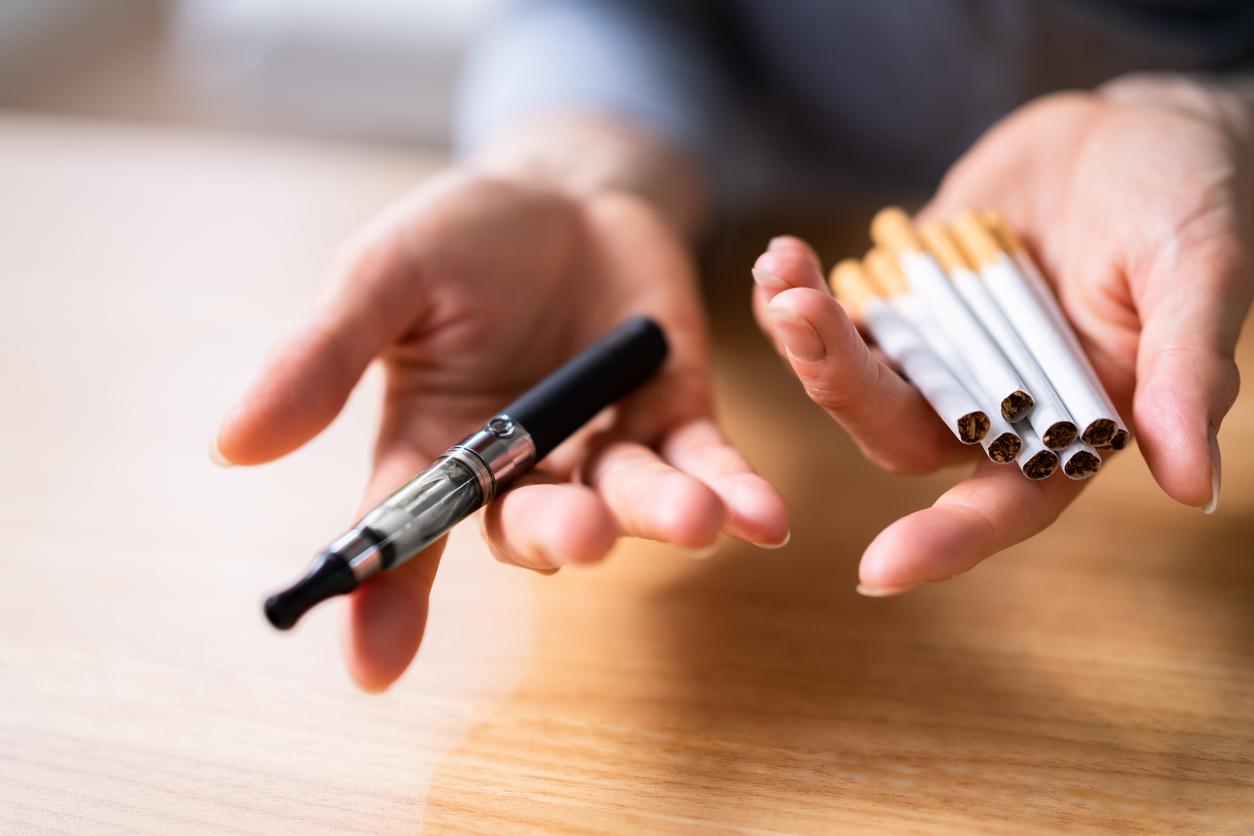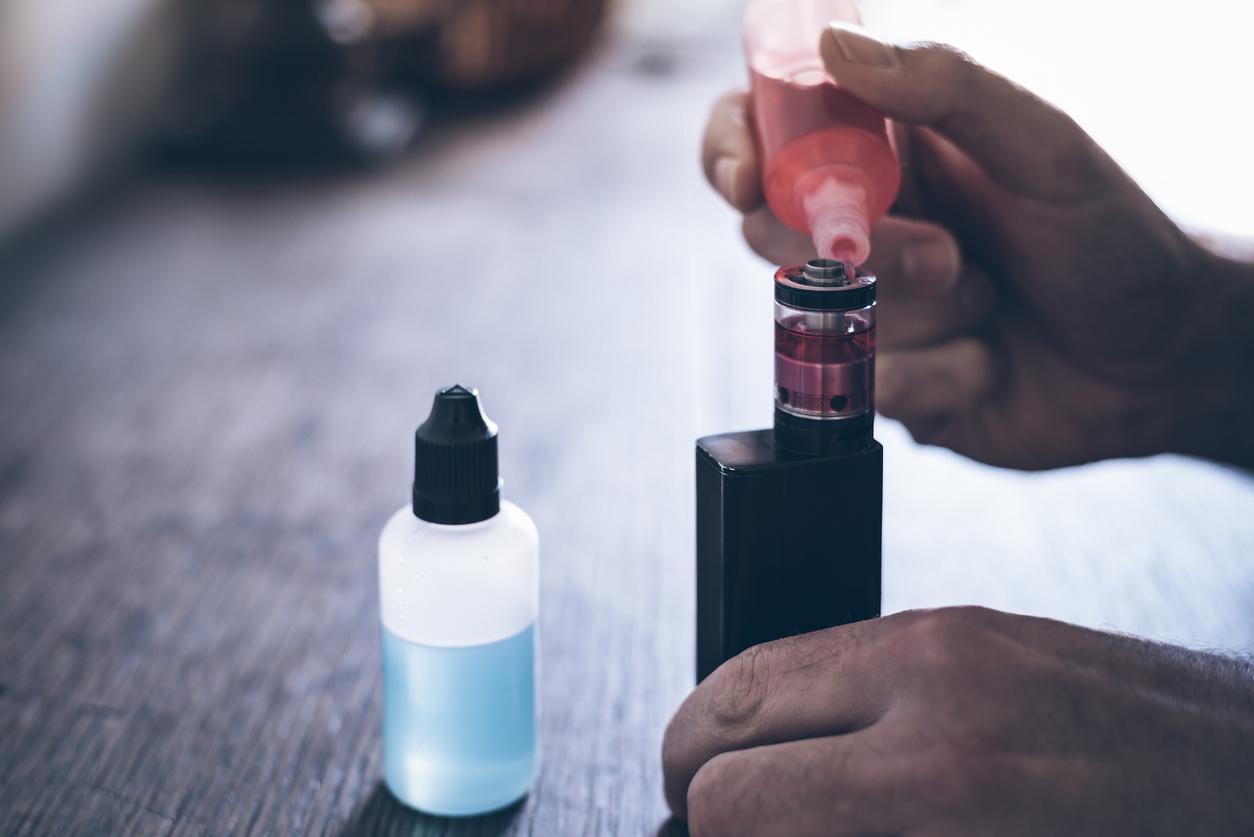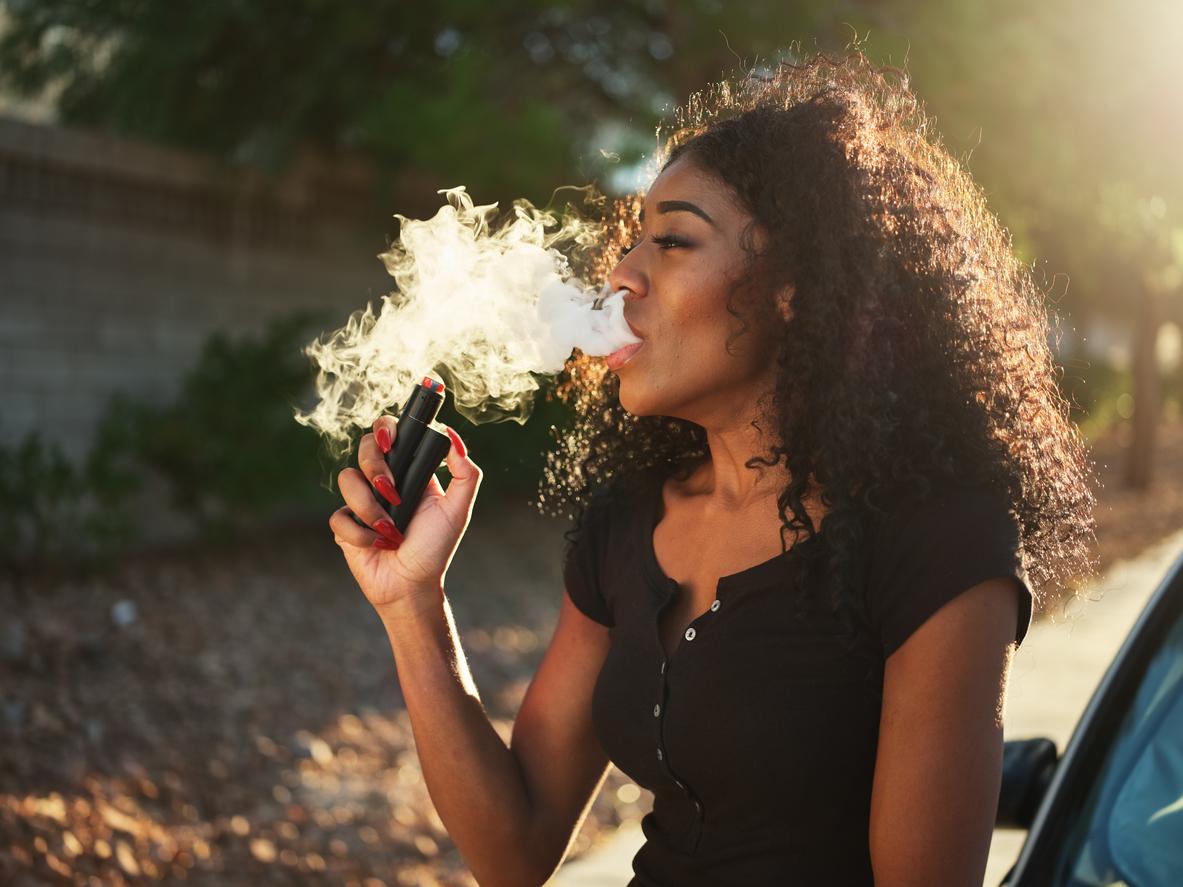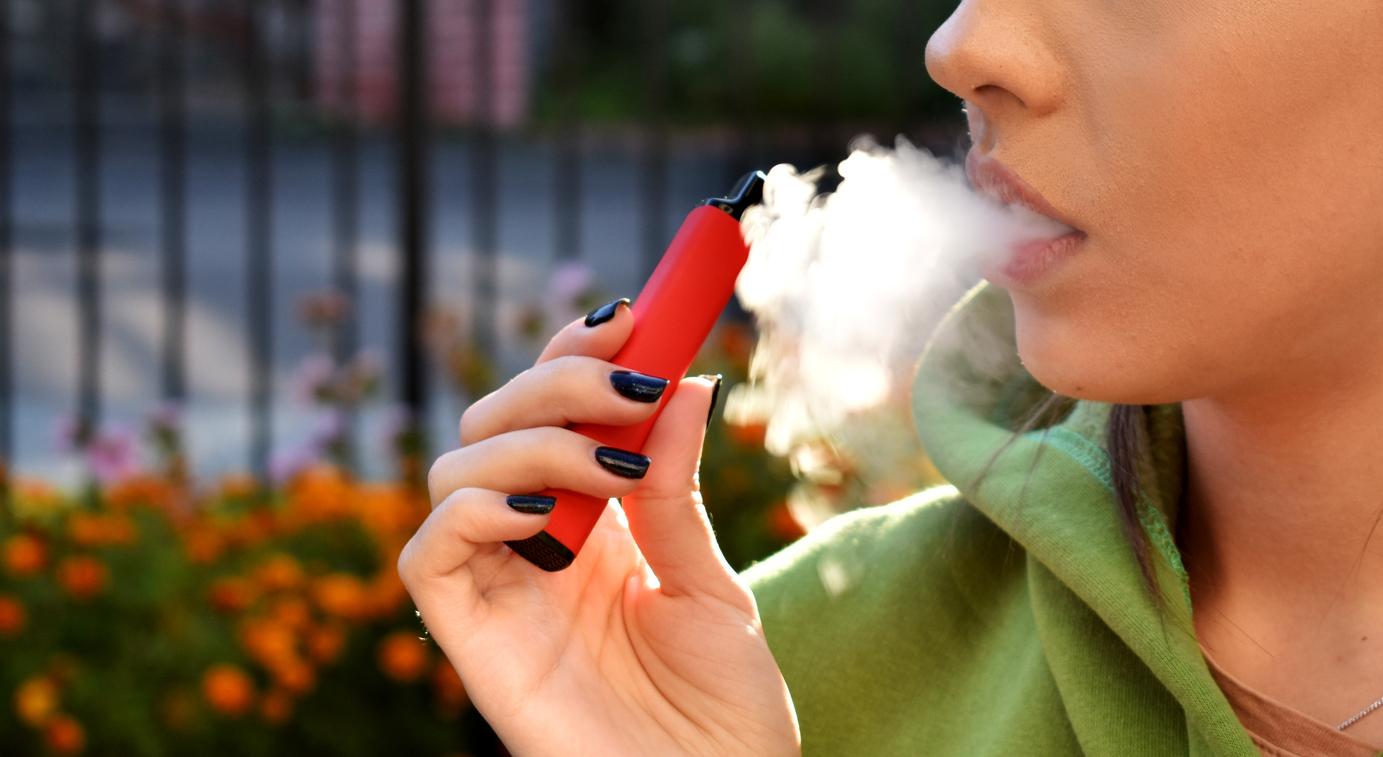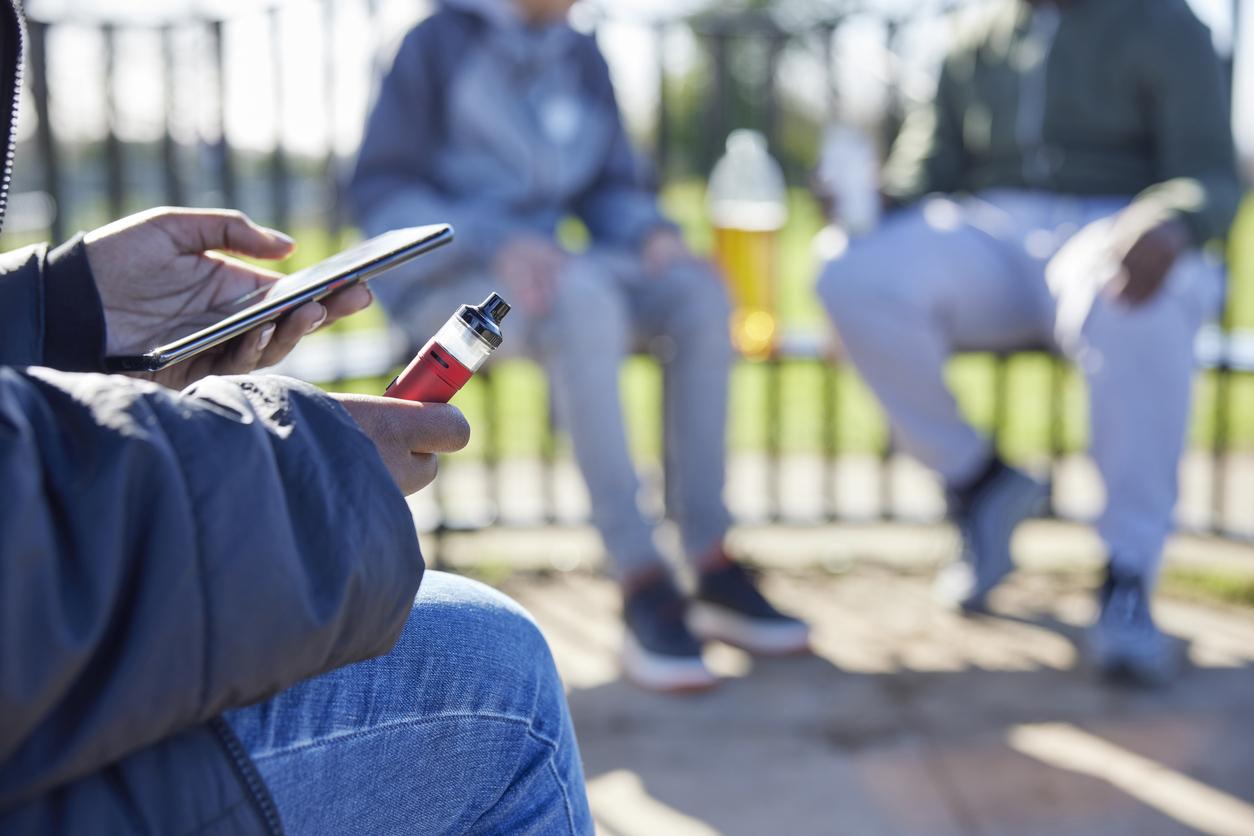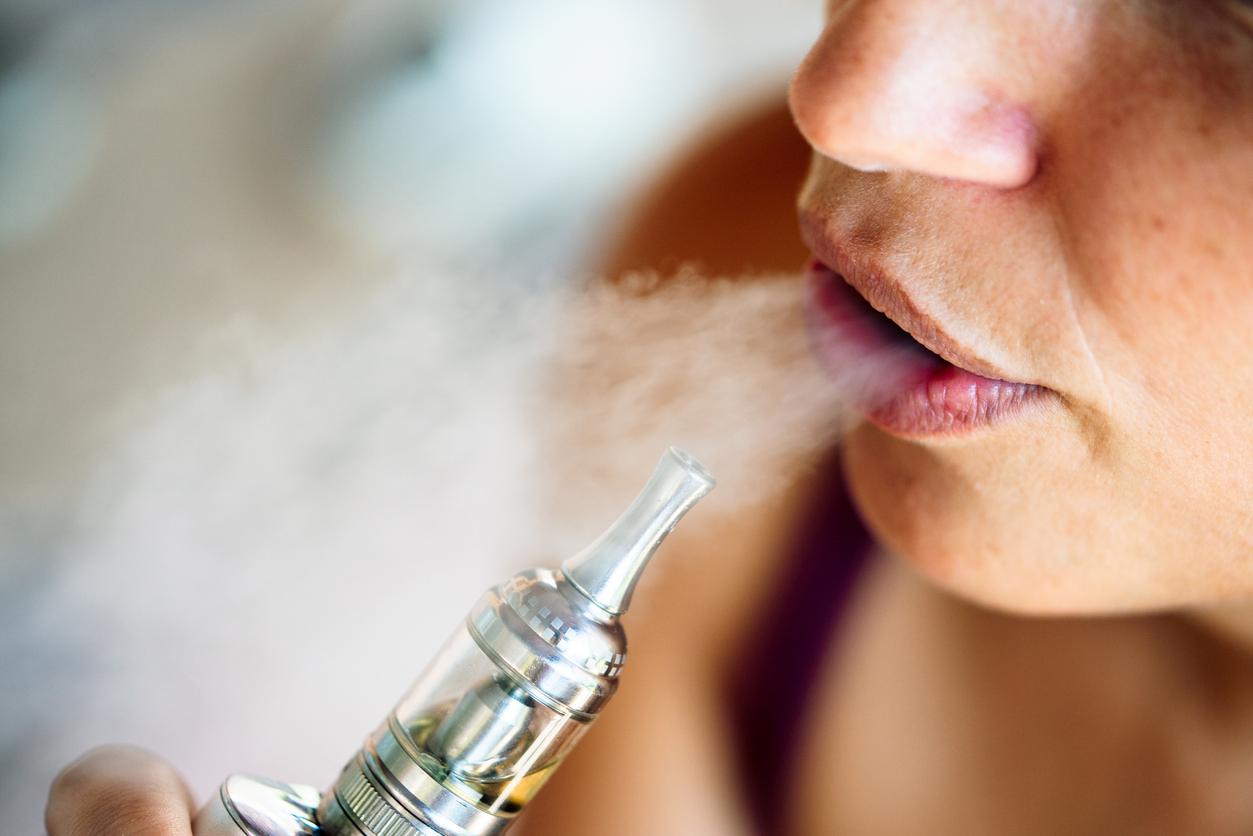According to new American research, some teenagers who vape are as young as 11 years old. Electronic cigarettes, or e-cigarettes, are more addictive than conventional cigarettes.

- Studies show that vaping has become a gateway to nicotine addiction in teens, as many who take up vaping have never smoked before.
- In October 2022, the US Centers for Disease Control and Prevention found that e-cigarette use among middle and high school students in the United States had increased by 24% since 2021.
Researchers from Massachusetts General Hospital for Children studied the phenomenon of vaping among young people. They claim that these devices are more addictive than combustible cigarettes and that some users are still of school age, vaping within five minutes of getting up in the morning.
Some e-cigarettes make nicotine easier to inhale
This is because some e-cigarettes are a milder, more palatable form of nicotine known as “nicotine salts” or “protonated nicotine.” “Some modern e-cigarettes use protonated nicotine to make the nicotine easier to inhale“, comments the research team.
“Early e-cigarettes did not deliver nicotine as effectively as cigarettes because they delivered freebase nicotine that was difficult to inhale.write the authors of the study. This situation changed with the 2015 introduction of Juul products (Juul Labs Inc.), which added benzoic acid to nicotine e-liquid to lower the pH level and form protonated nicotine.”
The results, published in the journal JAMA Network Openare based on the follow-up of more than 151,000 students from sixth to final year between 2014 and 2021.
Addiction: young people vape younger and with more intensity
“The age of onset of e-cigarette use decreased and the intensity of use and dependence increased between 2014 and 2021reports the team. In 2019, more e-cigarette users consumed their product within 5 minutes of waking up compared to regular cigarette users.”
The study authors recommend that clinicians prepare to combat youth addiction to these new, highly addictive nicotine products. “Stricter regulation is needed, including comprehensive bans on the sale of flavored tobacco products”concludes the team of researchers.










